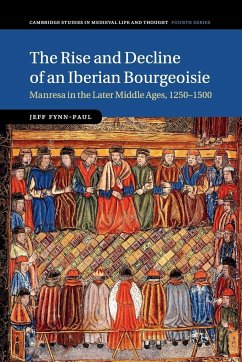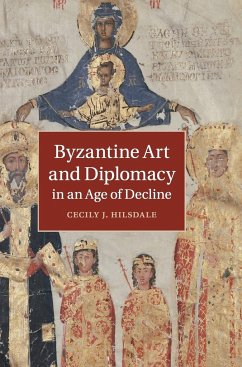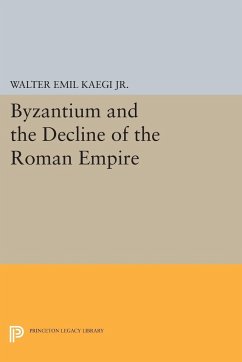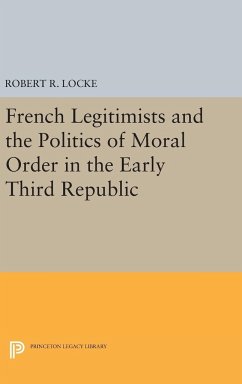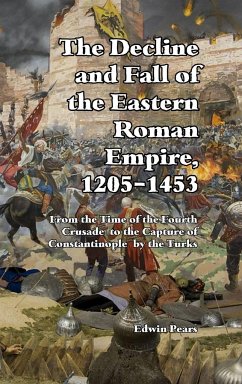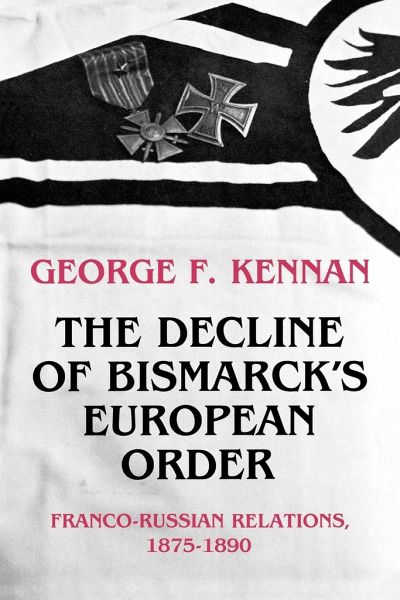
The Decline of Bismarck's European Order
Franco-Russian Relations 1875-1890

PAYBACK Punkte
22 °P sammeln!
In an attempt to discover some of the underlying origins of World War I, the eminent diplomat and writer George Kennan focuses on a small sector of offstage events to show how they affected the drama at large long before the war even began. In the introduction to his book George Kennan tells us, "I came to see World War I . . . as the great seminal catastrophe of this century--the event which . . . lay at the heart of the failure and decline of this Western civilization." But, he asks, who could help being struck by the contrast between this apocalyptic result and the "delirious euphoria" of t...
In an attempt to discover some of the underlying origins of World War I, the eminent diplomat and writer George Kennan focuses on a small sector of offstage events to show how they affected the drama at large long before the war even began. In the introduction to his book George Kennan tells us, "I came to see World War I . . . as the great seminal catastrophe of this century--the event which . . . lay at the heart of the failure and decline of this Western civilization." But, he asks, who could help being struck by the contrast between this apocalyptic result and the "delirious euphoria" of the crowds on the streets of Europe at the outbreak of war in 1914! "Were we not," he suggests, "in the face of some monstrous miscalculation--some pervasive failure to read correctly the outward indicators of one's own situation?" It is from this perspective that Mr. Kennan launches a "micro-history" of the Franco-Russian relationship as far back as the 1870s in an effort to determine the motives that led people "to wander so blindly" into the horrors of the First World War.




